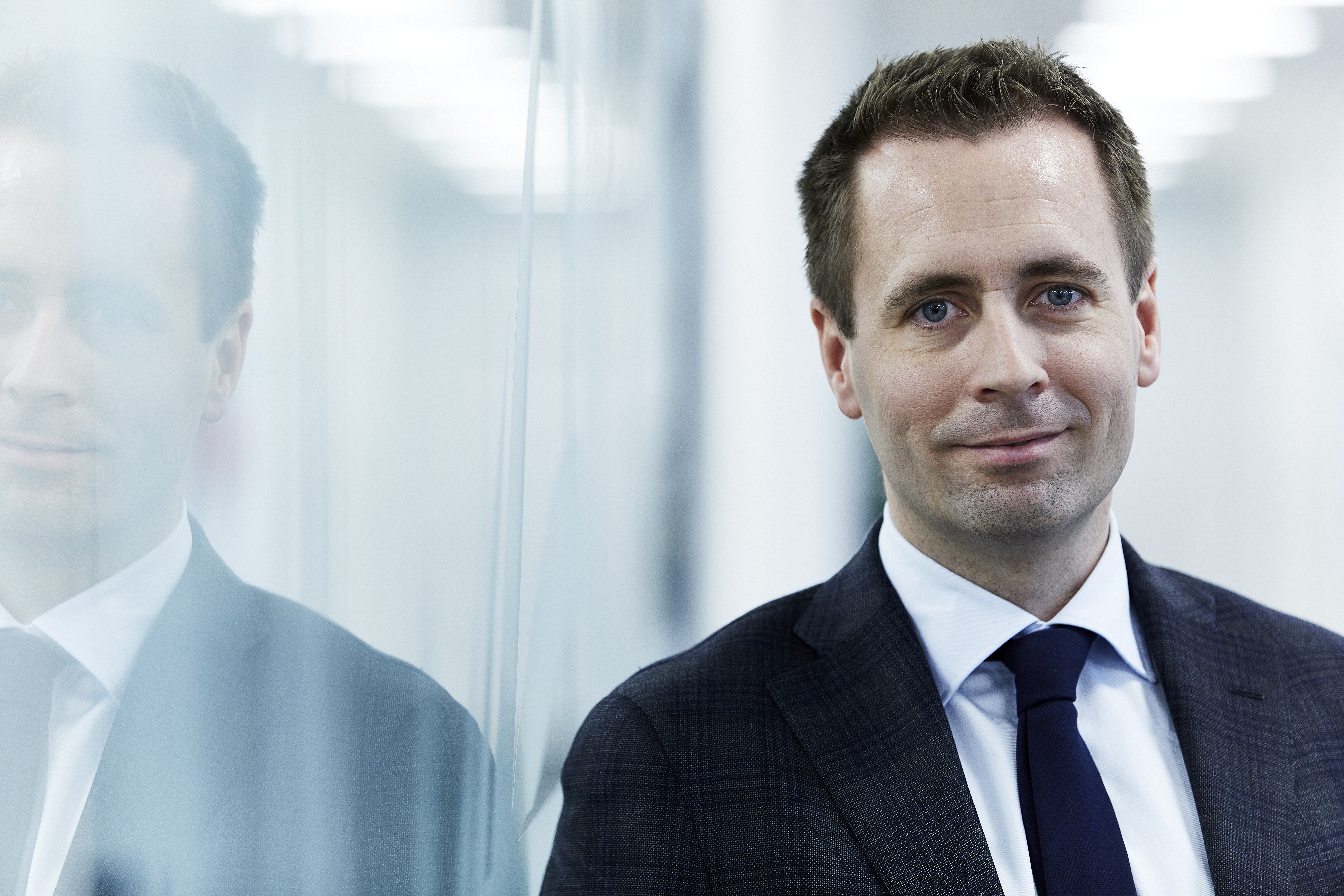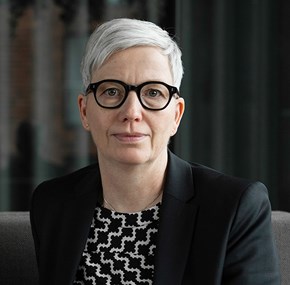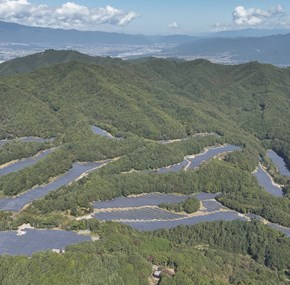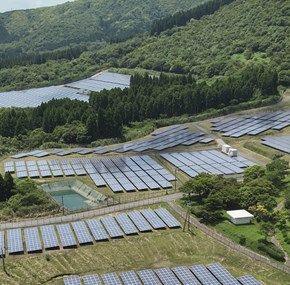Sustainable investment: Solar gets a boost on new EU list
It will be easier for investors to choose truly sustainable investments with the new taxonomy proposal from the EU Commission. The list will make it harder to “greenwash” investments and, unsurprisingly, solar energy stands to play a crucial role. Obton’s CEO, Anders Marcus, offers his view on the significance of the new list.
For solar investors, the new taxonomy proposal on sustainable investments from the EU Commission holds few surprises. Solar energy has unsurprisingly made the list as a sustainable investment. Obton’s CEO, Anders Marcus is impressed with the EU’s new tool for investors:
“The list will weed out a lot of investments that currently claim to be sustainable. Greenwashing will become significantly harder. That in turn will dramatically increase the demand for truly sustainable investments”, he says.
In a global context, the EU list is a unique tool that will – for the first time ever – enable investors to estimate the sustainability of an investment.
Three principles to determine sustainability
According to the EU Commission, for an investment to qualify as environmentally sustainable, it must live up to three key principles.
First and foremost, the investment must contribute to at least one of the six goals mentioned below. The investment can be described as sustainable if it:
- Reduces global warming
- Helps climate adaptation efforts
- Protects water and marine life
- Helps in the transition towards a circular econom
- Prevents pollution or
- Protects and restores ecosystems
The second principle on the Commission’s list is that the underlying economic activity behind the investment cannot significantly or negatively affect any of the other goals. An investment that helps to reduce global warming while damaging ecosystems is not a sustainable investment according to the EU taxonomy.
“Actually, the Commission’s proposal has already deemed that solar energy does not adversely affect any of the other goals, so companies are exempt from reporting on this in regard to solar projects. Wind energy projects on the other hand are not exempt from reporting”, says Anders Marcus.
The final principle is that the investment must live up to social minimum criteria – like basic human rights and labour rights – and criteria for good governance.
A list with power
Anders Marcus from Obton is convinced that the EU list could have a significant impact on the market for sustainable investments.
“Previously, investors who wanted to invest responsibly had to rely on private rating agencies to evaluate the potential investment’s performance within environmental, social and governance parameters. Otherwise, they just had to take sustainability claims at face value”, he says.
The list is set to rapidly become a reality for major European companies. When it comes into force, companies with over 500 employees must account for their performance according to the principles in the taxonomy, as part of their annual non-financial reporting obligation.
“That way, investors suddenly have a uniform, continuous and simple insight into the environmental performance of different European investments”, says Anders Marcus.
Ambitions will be continually increased
Any company harbouring illusions that living up to the taxonomy criteria will be easy can think again:
“The EU will continually tighten sustainability criteria, so the eligible economic activities will always reflect what is technologically possible. That is the only way to ensure that the EU can deliver on its goal of climate neutrality by 2050”, says Anders Marcus.
In terms of solar energy, this means that only solar energy facilities with life-cycle emissions below 100 g CO2e/KWh can be considered sustainable. Life-cycle emissions for solar energy facilities are calculated based on the energy and resource costs of production as well as installation, operation and decommissioning costs. This study shows that solar PV facilities typically have life-cycle emissions of 49 g CO2e/KWh.
The criteria will continually be tightened to ensure that life-cycle emissions are 0 g CO2e/KWh by 2050.
EU – going it alone or a global leader?
The EU Commission’s taxonomy on sustainable investments will be politically adopted by the end of 2020. After that, the big question will be if the legislation will have an impact beyond EU borders:
“To begin with, the taxonomy will only affect European investors and companies. Historically, however, we have seen examples where the EU has led the way on other policy issues. The EU is such a large economic bloc that its decisions will have a global impact”, says Anders Marcus.
He also points out that following political adoption, a large task awaits institutional investors and companies as they become familiar with using the taxonomy to report on their sustainability efforts.
“For investors to use and rely on this tool, they will need access to reliable and uniform data. It is therefore important that the EU is currently revising its legislation on non-financial reporting. Hopefully, we will end up with clear and uniform reporting criteria, which will ensure the necessary data quality for investors”, says Anders Marcus.
Today, companies with over 500 employees are already obligated to report on their corporate responsibility – like the gender composition of the company’s upper management. In future, this will be extended to include an obligation to report on the company’s sustainability according to the three principles in the EU taxonomy.






